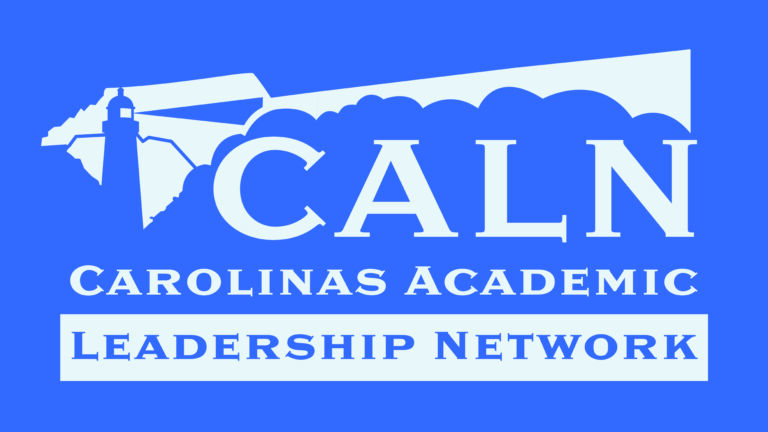Common Core debate could plant seeds for reform
This OpEd appeared in The State.
Columbia, SC — Only two years ago, a lopsided majority of Americans had never heard of Common Core State Standards, and those who had either thought they were straight from Beelzebub or the greatest thing since Jadeveon Clowney.
If a recent legislative hearing on the matter is any indication, that polarization still exists, and the warring camps are getting larger and louder.
One moment in that two-hour hearing was especially memorable. As a Common Core supporter was explaining how South Carolina came to be involved with the standards, she described the signing of a contract related to their implementation. The presenter paused when asked the date of the contract, and as if on cue, at least 10 opponents shouted “June 9, 2010.”
Here was a group of citizens who had done their homework — an impressive display of democracy, no matter what one thinks of Common Core.
Can we build on that?
After the hearing, I concluded that John Hill of the Alabama Policy Institute had it right when he wrote: “Although both sides of the Common Core debate make arguments worth consideration, both the potential benefits and pitfalls related to Common Core have been the subject of exaggeration and error.”
This is why Palmetto Policy Forum recently released a paper we believe cuts through the Common Core fog, outlining an eight-point plan to return unquestioned control of education standards to S.C. parents.
This heated debate begs the question: Are education standards the reason so many of our students are falling behind academically and graduating from high school unprepared for college, technical college or the workforce? The answer to that question is a resounding no. While Common Core presents a host of problems, the bold reforms to reverse our lagging education outcomes lie elsewhere.
Among these reforms are a laser-like focus on early reading and an end to social promotion for those falling further and further behind; more choices for parents that let taxpayer funds follow the child to any school public or private; full funding for good public charter schools; education governance that is democratically accountable to those it serves; teacher evaluations that treat teachers like professionals and reward excellence in the classroom; and alternative paths to certification that cut through red tape to get real-world experience off of the sidelines and into our classrooms.
In the struggle between most urgent and most important, fixing Common Core could very well be more urgent. But accountability to parents and the wide-ranging reforms our students need are more important.
What we need is to turn the passion stirred over Common Core into something much more significant.
Common Core has serious problems, and it is imperative that we address them. But there is no reason to re-enact the brinksmanship of “Dr. Strangelove.”
Let’s address Common Core and move on, focusing our energy on the fundamental challenges facing education in South Carolina. This is not a time for mutual destruction. The future of our children hangs in the balance.







